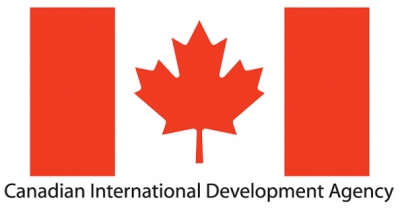Nobody likes America’s agricultural policy. Not conservatives, not liberals, and not policy experts, who frequently use terms like “astonishingly irrational” to describe our system of federal subsidies for farming. So why is everyone so angry and shocked that last week’s laden farm bill—comprised of addendums to the same legislative package that Congress has been tagging since 1938—failed in the House of Representatives? Some reports describe a Farm Lobby Goliath smited by a tiny contingent of conservative House GOPers who are hellbent on shrinking the size of government no matter the objections of their fellow Republicans from farm country. But according to a new working paper by Duke economic policy researchers Marc Bellemare and Nick Carnes, it might not have been the all-powerful farm lobby that the House GOP subverted so much as a small contingent of American voters.
From an article by Michael Fitzgerald discussing my most recent working paper in the Pacific Standard, formerly known as Miller-McCune Magazine.
That said, although we find that electoral incentives seem to be the most consistent driver of congressional voting behavior on matters of agricultural protection, we still find evidence that lobbying (via the amount of contributions members of Congress receive from agricultural political action committees) and legislator preferences (via how much of their pre-Congress career the same members of Congress have spent working in agriculture) matter.

